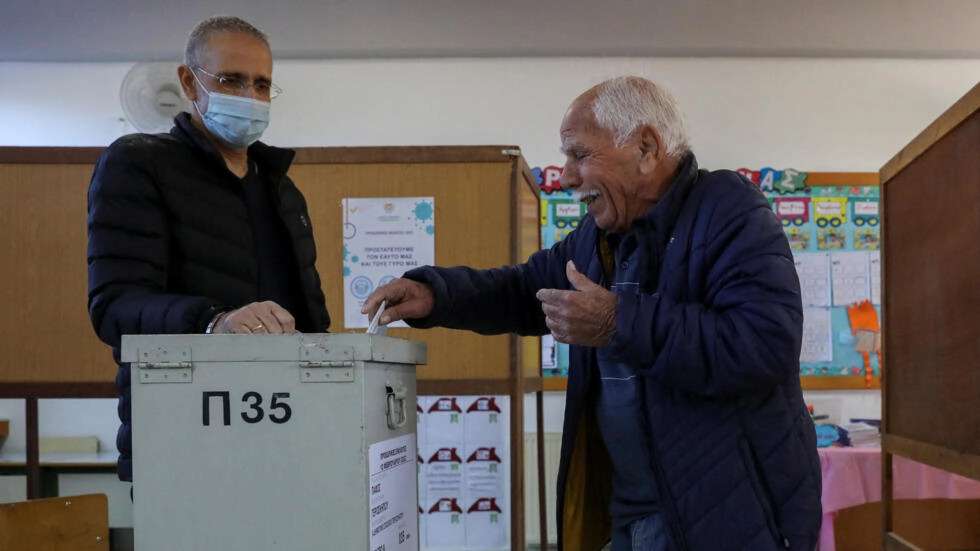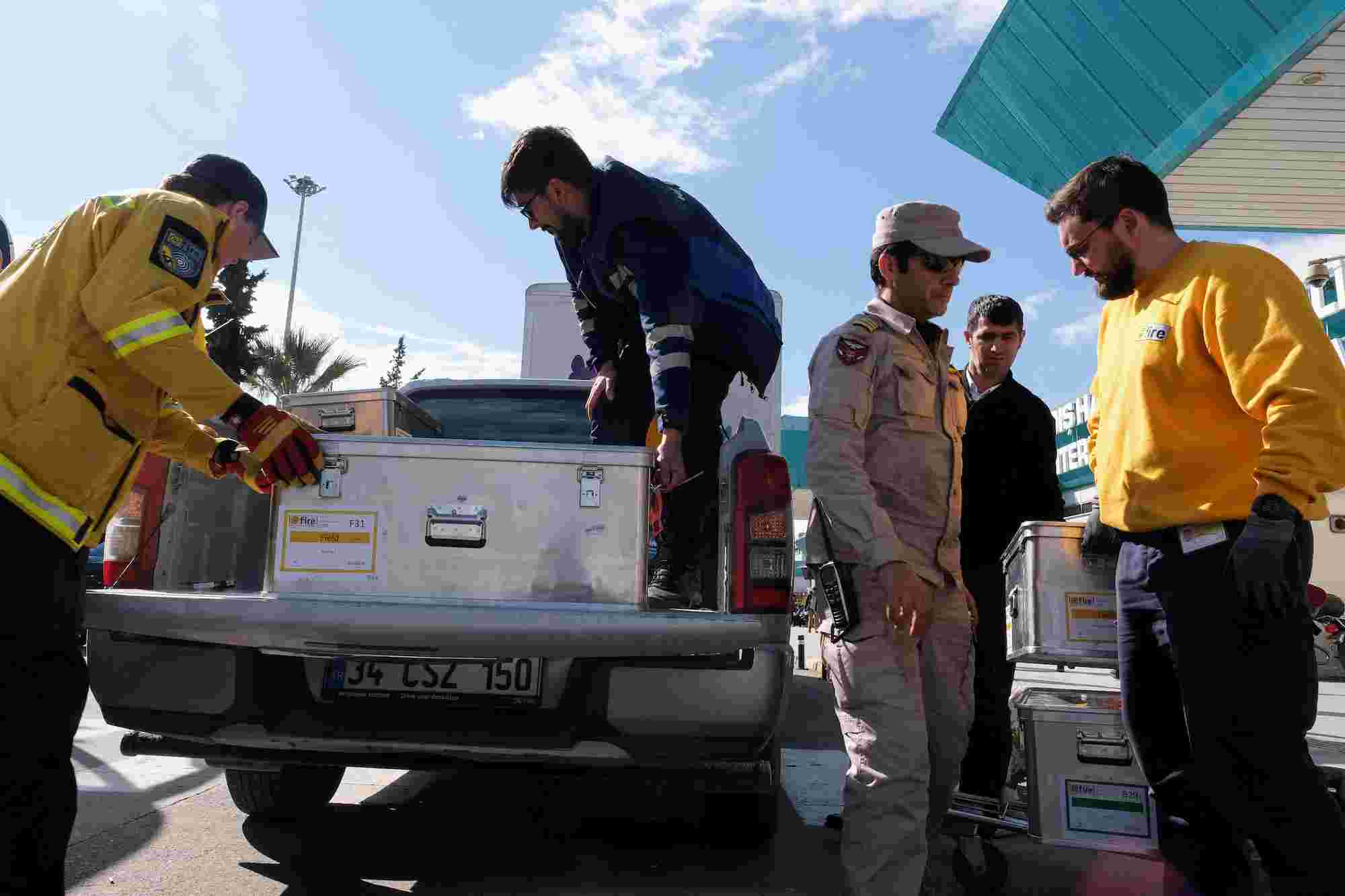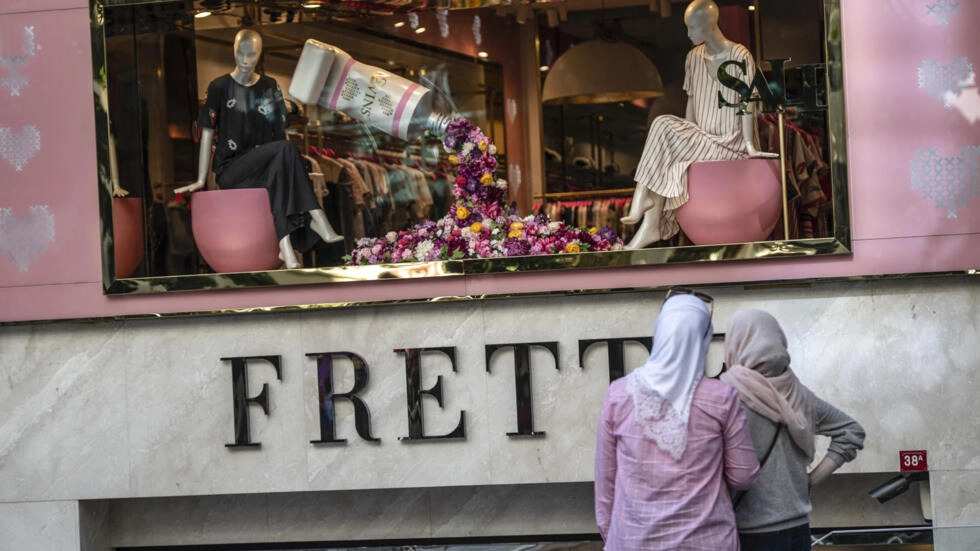Cyprus holds a tightly fought presidential election on Sunday between two diplomats, each seeking to persuade undecided voters that he is the best choice to govern the European Union member.
Former foreign minister Nikos Christodoulides, 49, faces 66-year-old career diplomat Andreas Mavroyiannis after last weekend’s first round.
Both are trying to prove their credentials to govern independently of the parties that back them.
The winner needs 50 percent plus one vote to succeed two-term President Nicos Anastasiades as the Mediterranean island republic’s eighth president.
With ruling DISY out of the presidential race for the first time in its history, the conservative party’s decision to back neither candidate has thrown the run-off wide open.
Pre-poll favourite Christodoulides emerged last Sunday with 32.04 percent of the vote, followed by Mavroyiannis on 29.59 percent.
He unexpectedly squeezed out 61-year-old DISY leader Averof Neofytou, who came third with 26.11 percent — despite the incumbent’s endorsement.
Mavroyiannis, backed by the communist party AKEL, surprised observers by beating Neofytou and closing the gap with the centrist-backed Christodoulides.
‘Close race’
Theophanous believes Christoulides has a slight edge as he will get the bulk of disaffected DISY votes.
“With the division in DISY and general society, he’s still leading, but it will be closer than originally anticipated,” he said.
“Some (from DISY) will vote for Mavroyiannis, but not enough to win.”
DISY is not endorsing either candidate and has declared itself an opposition party.
Neofytou felt betrayed by Christodoulides, a senior DISY member who broke ranks to declare his candidacy instead of toeing the party line.
Analyst Fiona Mullen of Nicosia consultancy Sapienta Economics believes the race could be “quite close”.
“The DISY leadership is officially not backing anyone but is unofficially backing Mavroyiannis.
“So it will boil down to how much they can shift a party base whose instincts will be more Christodoulides than Mavroyiannis.”
The bad feeling within DISY towards him is seen as the biggest threat to a Christodoulides victory.
Mullen argues that Mavroyiannis must convince voters that his backer AKEL will not drive economic policy if he wins.
The communists have been widely criticised for their handling of the 2012-2013 financial crisis, which almost bankrupted the eurozone country before a bailout from international lenders.
“This explains his pick for finance minister,” said Mullen.
“As a member of a big four audit firm and lawyer, Prountzos is closer to a DISY profile than an AKEL one.”
Theophanous said the electorate would nevertheless decide how convincing Mavroyiannis is on the economy “despite his minister of finance”.
Rooting out corruption and improving the economy — rather than the island’s division — are major issues for the electorate.
The new government will be under pressure to address higher energy bills, labour disputes and a struggling economy.
Cyprus has been divided since 1974, when Turkish forces occupied its northern third in response to a Greek-sponsored coup.
If elected, Mavroyiannis has promised to reopen negotiations from day one. Christodoulides has demanded changes before talks are revived.
Of the 561,273 people eligible to vote, 730 are Turkish Cypriots registered in the government-controlled south.



